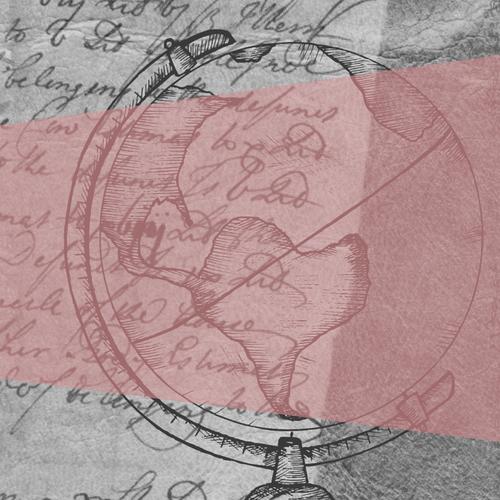Research Focus: Fictional Worlds
Our research is fundamentally concerned with how cinematic images do not simply reproduce our relationship to a shared reality but produce and transform it. Be it in light of metaphorisations that cannot be reduced to mere transmission of given meanings, but are instead related to a comprehensive experiential reality – a world – while at the same time generating the conditions of this relation in the process of metaphorisation itself; or be it in light of the theoretical and analytical description of genre cinema as a system of different expressive modalities that addresses the spectators affectively and locates them in a collectively shared world of sensation. This system takes account of the experience that we are affectively interwoven with the world – and those with whom we share this world – in very different ways. By theorising the question of the validity of plural world-concepts of poetic making on the basis of the judgement of taste, which connects the affective sense of self with the claim to be valid for all others who share this common world, we have ultimately determined poetics in both its political dimension and as an access to a space of historical experience.
This semester, we want to explicitly foreground this connection to the concept of world. In doing so, a Cinepoetics ring lecture with a broad spectrum of case studies and theoretical-conceptual approaches will examine the facetted diversity of world versions and the respective approaches to them. The digitalisation of academic exchange caused by the pandemic will be taken as an occasion to engage with material and method in more experimental forms – not least taking up our focus on videographic research.
In our workshop programme, we then want to put the concept of world into perspective together with our fellows via three central questions:
Firstly, what is the relationship between the various cinematic world concepts in their plurality and how does this reflect on our understanding of "the one world"? This question concerns us, above all, against the background of the destabilisation of ecological systems and the "Earth System" as a whole: How do the worlds of film relate to the world transformation of the Anthropocene? How can we relate to our own home, the Earth, as well as to the life worlds and environments of different species and modes of existence through cinematic imagery?
Secondly, how can we grasp the otherworldliness of fantasy in its difference to everyday reality not pejoratively as escapism, but as the production of specific, shared sensualities? To what extent can the processes of fictionalisation and fantastical activity be described as procedures of a poiesis that do not explicate a turning away from the world, but an embodied enjoyment of world creation?
Thirdly, following Stanley Cavell and Hannah Arendt, as well as engaging with current developments in film studies, we finally want to continue the conceptual work on the notion of world. How do films create their world as a fabric of possible perceptions, movements, and affects within the relations founded already in co-production with the spectators? Lastly, how can the worldliness of film imagery be described beyond the representational image?


